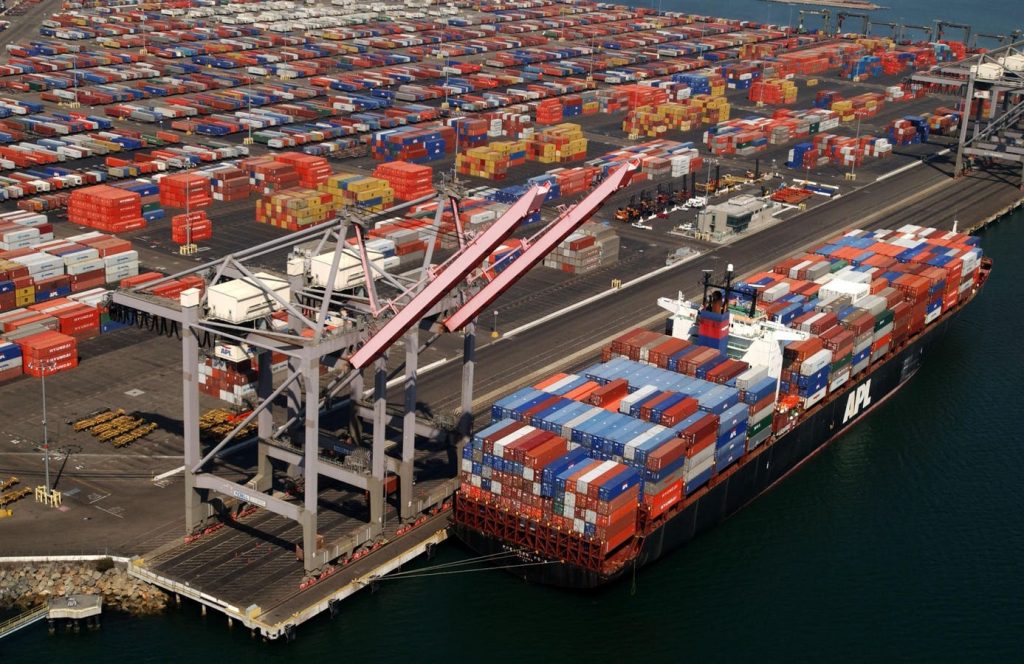With Donald Trump’s return to the White House, many everyday items could see a significant increase in price. During his campaign, Trump promised to impose tariffs on goods made in Mexico, China, and other foreign countries. This could result in tariffs ranging from 25% to 100% on various products. Experts have pointed out that a large number of items sold in America, from iPhones to clothing to housewares, are manufactured abroad, particularly in China. If these promises are fulfilled, consumers will likely see an increase in prices across the board.
Trump argues that these tariffs will incentivize companies to bring manufacturing back to the United States and generate revenue to reduce the federal deficit. However, experts warn that tariffs ultimately lead to higher prices for consumers. Ernie Tedeschi, an economics director, estimates that the price of a typical household’s monthly expenses could rise by 1.5% to 5.1% due to these tariffs. This burden is especially felt by lower-income individuals, as tariffs affect everyone equally regardless of their economic status.
While some products have domestic alternatives, many popular items like smartphones and electronics have no easy substitutes and are predominantly manufactured in Asia. As a result, consumers will have limited options when faced with increased prices due to tariffs. The National Retail Federation has expressed concern about the potential impact of these tariffs on the retail industry. Tariffs are ultimately paid by U.S. importers, who then pass on the cost to consumers through higher prices. The NRF predicts that the effects of these tariffs could be significant.
Policy experts have historically used tariffs to promote domestic production and discourage reliance on foreign goods. However, the current landscape of global manufacturing makes it challenging to quickly transition away from imported products. In the past, tariffs accounted for a significant portion of federal revenue, but income taxes have since become the primary source of funding for the government. With Trump’s proposed tariffs, consumers will likely see an increase in prices for a wide range of goods, with the NRF warning of the potentially “dramatic” effects.
The exact impact of these tariffs on specific items remains unclear, as adjustments and lobbying efforts could lead to exceptions or modifications. Nevertheless, the Yale Budget Lab’s analysis suggests that all Americans will be affected by these tariffs to some extent. Domestic companies may also increase prices to match the higher costs imposed on their foreign competitors. Despite not mentioning tariffs in his victory speech, Trump’s promises to implement these trade policies could have far-reaching consequences for consumers and the economy as a whole.


